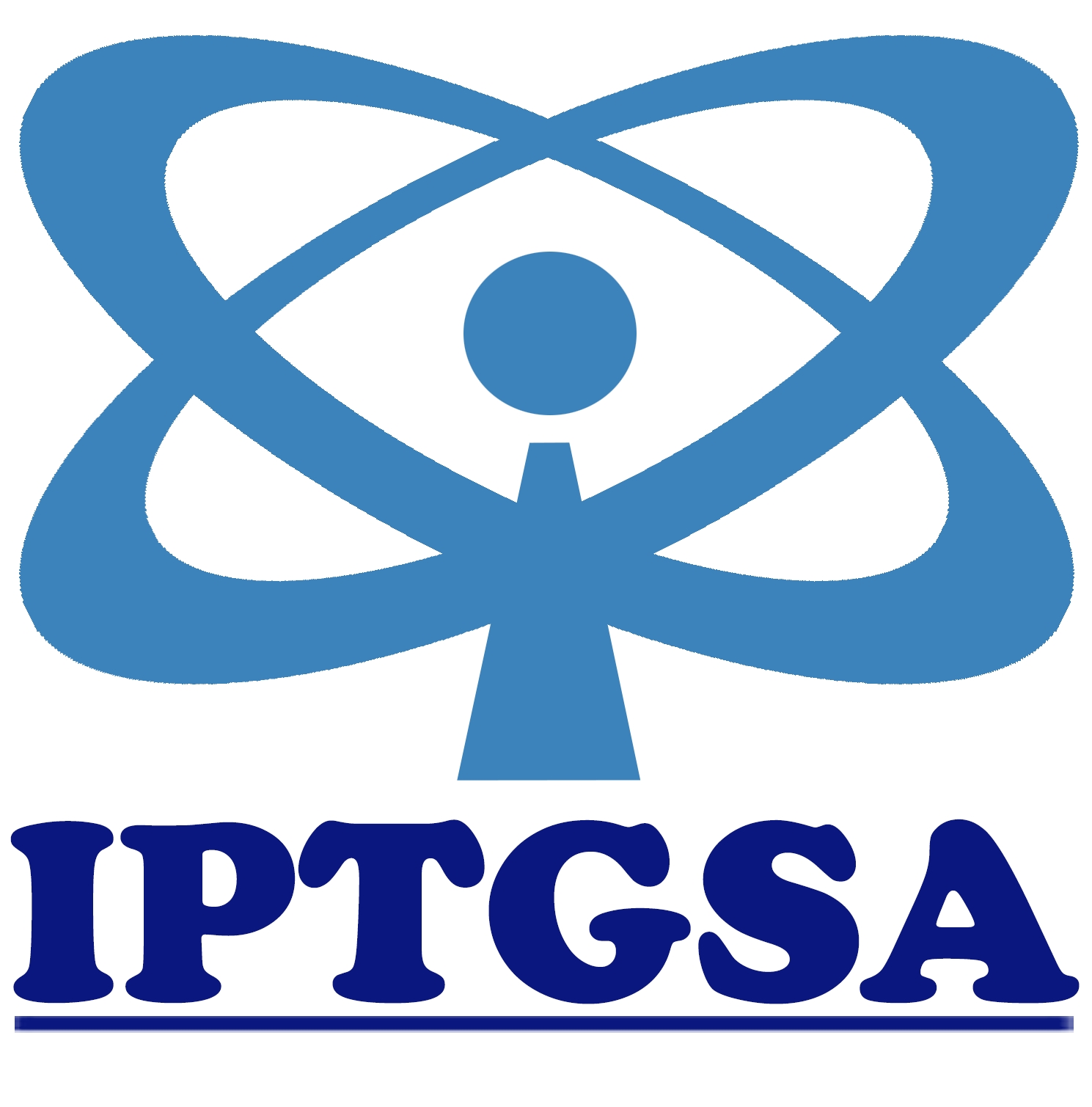IPTGSA Transformation Policy
1. Introduction
The Institute of Professional Tourist Guides of Southern Africa (IPTGSA) is committed to transformation, inclusivity, and professional excellence in cultural tourist guiding. As per Act 3 of 2014, Chapter 6, all cultural tourist guides must be registered with the Department of Tourism.
While IPTGSA membership is voluntary, full members must hold a minimum qualification of NQF Level 4 as per SAQA regulations.
2. Key Principles
Non-Discriminatory Membership
- Full membership is available to registered cultural tourist guides with a minimum NQF Level 4 qualification.
- IPTGSA welcomes all eligible cultural guides, ensuring fair and equal access to professional opportunities.
Skills Development & Support
- IPTGSA provides CPD training, mentorship, and career development, especially for historically disadvantaged cultural guides.
- Collaborates with government and industry stakeholders to enhance members’ skills and professional growth.
Professional & Ethical Standards
- Members must uphold ethical guiding, cultural sensitivity, and authenticity.
- Encourages Continuous Professional Development (CPD) to maintain high standards in cultural tourist guiding.
3. Implementation & Review
- IPTGSA monitors and updates its transformation initiatives regularly.
- Members contribute to policy improvements through participation in IPTGSA forums.
4. Conclusion
IPTGSA remains dedicated to an inclusive, professional, and ethical cultural guiding sector, ensuring equal opportunities and support for all cultural tourist guides who meet the NQF Level 4 qualification requirement.
Transformation Activities and Demographics
Addressing transformation and ensuring representation of South Africa's diverse demographics in the cultural tourist guiding sector requires a multifaceted approach, especially considering the significant role of language and cultural understanding. Here are key activities and considerations:
1. Recruitment and Training Initiatives
- Targeted Recruitment: Actively seek individuals from underrepresented communities to become cultural tourist guides. This strategy promotes inclusivity and mirrors the nation's demographics.
- Comprehensive Language Training: While achieving fluency in foreign languages is challenging, offering basic to intermediate language courses can enhance communication skills. However, it's essential to recognize that language proficiency alone may not suffice for delivering in-depth cultural tours without extensive training.
2. Emphasis on Cultural Competence
- Cultural Exchange Programs: Facilitate programs where guides can immerse themselves in the cultures of predominant tourist groups. This immersion fosters genuine understanding beyond language, enabling guides to convey cultural nuances effectively.
- Collaborative Workshops: Organise workshops that bring together local guides and representatives from key tourist markets. Such interactions allow guides to grasp visitor expectations and cultural subtleties, enhancing the authenticity of the tours.
3. Policy Development and Support
- Government Collaboration: Work closely with governmental bodies to align training programs with national transformation goals. This alignment ensures that initiatives support broader socio-economic objectives.
- Incentive Programs: Introduce incentives for guides who achieve proficiency in foreign languages and demonstrate cultural competence. Such programs can motivate continuous learning and professional development.
4. Community Engagement
- Local Storytelling: Encourage guides to incorporate local narratives and perspectives into their tours. This approach enriches the tourist experience and empowers communities by valuing their stories.
- Partnerships with Cultural Institutions: Collaborate with museums, cultural centers, and local artists to provide guides with deeper insights into diverse cultural expressions. These partnerships can lead to more enriched and accurate tour content.
5. Continuous Evaluation and Feedback
- Tourist Feedback Mechanisms: Implement systems to gather feedback from tourists regarding their experiences. Analysing this data helps identify areas for improvement in guide training and tour content.
- Guide Support Networks: Establish forums where guides can share experiences, challenges, and best practices. Peer learning can be a powerful tool for professional growth and adaptation.
By integrating these activities, the cultural tourist guiding sector can move towards genuine transformation, ensuring that guides not only represent the country's demographics but also possess the cultural and linguistic competencies to provide enriching experiences for visitors.
